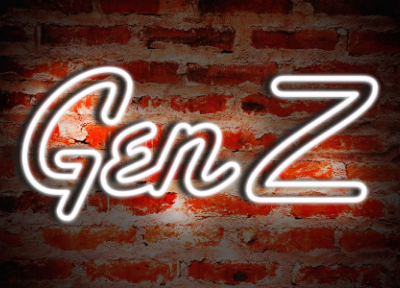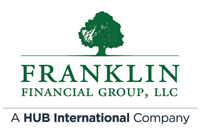
Generation Z, also known as Gen Z, which includes those who were born between 1997 and 2015, are beginning to enter the workforce. They are expected to make up 30% of the workforce by 2030. HR leaders are making it a priority to relate to these young people to help them harness their strengths, engage them in their work, and settle into their adult lives at a turbulent time in history.
Mary Shelley, Chief People Officer at Tango Card, addressed integration of these young workers at “Great Expectations – Preparing for the Influence of Gen Z’s Standards in the Workplace,” a session that was part of HR Exchange Network’s 4th Annual HR and Future of Work online event.
Customization is the name of the game. Human Resources professionals should personalize the employee experience to ensure positive outcomes, says Shelley. The days of blanket rejections are over, for example. Provide customized messaging, including feedback and transparency about why Gen Z applicants were or were not chosen for the job, she adds.
“This is how this generation is assessing us and the culture, if they were to join our organizations,” says Shelley.
Who Is Gen Z?
For the first time in history, four generations – Baby Boomers, Generation X, Millennials, and Gen Z – are working simultaneously. Gen Z is the youngest and the most racially diverse. Also, it is on track to be the most well-educated of the groups.
It is a wild time to launch a career, with the pandemic and political divisiveness, says Shelley. And the latest generation has been observing politics, history, and the global economy in recent years. It has molded their world view and their approach to their careers.
“They are less optimistic and more realistic about finances,” says Shelley.
As a result, they are more focused on education reimbursement than even Millennials, the previous generation. They also think about retirement because they recognize that financial stability is never guaranteed.
In addition, Gen Z wants to find meaning in work, and its members almost exclusively learn everything from Instagram, TikTok, and YouTube. Clearly, HR learning and development programs need to break things down in chunks and utilize these platforms for teaching, says Shelley.
How to Attract Gen Z Workers
Shelley recommends a three-pronged approach to recruitment of Gen Z workers:
- Innovation
Gen Z has grown up only knowing the digital world, and 80% of this generation aspires to working with technology. Therefore, companies that wisely invest in advanced technology will win their attention.
- Diversity, equity, inclusion, and belonging (DEIB)
As the most diverse group, Gen Z is seeking employers who match their values and want to stand up for equity and inclusion. Shelley suggests involving them “early and often in DEIB activities.”
- Benefits that promote financial stability
Having witnessed the pitfalls of Millennials, Gen Z is concerned about being able to afford the future. So, companies that provide tuition reimbursement and retirement plans have an edge.
What Gen Z Expects from Employers
An easy and fast application process is a top priority for Gen Z, and employers across the board have been reconsidering traditional hiring practices in response to the labor shortage caused by the Great Resignation. Shelley polled the audience and learned that more than 45% say it takes between two and four weeks to move one candidate through the hiring process. This is too long, says Shelley.
“Whoever keeps them engaged and makes that offer is going to win that war for talent,” she adds.
Throughout the process, recruiters and hiring managers should be transparent and communicate often. Ghosting Gen Z is not an option. They want to know what’s happening at every stage of the application and hiring process.
By Francesca Di Meglio
Originally posted on HR Exchange Network
